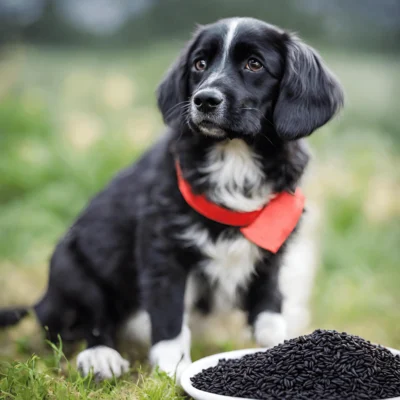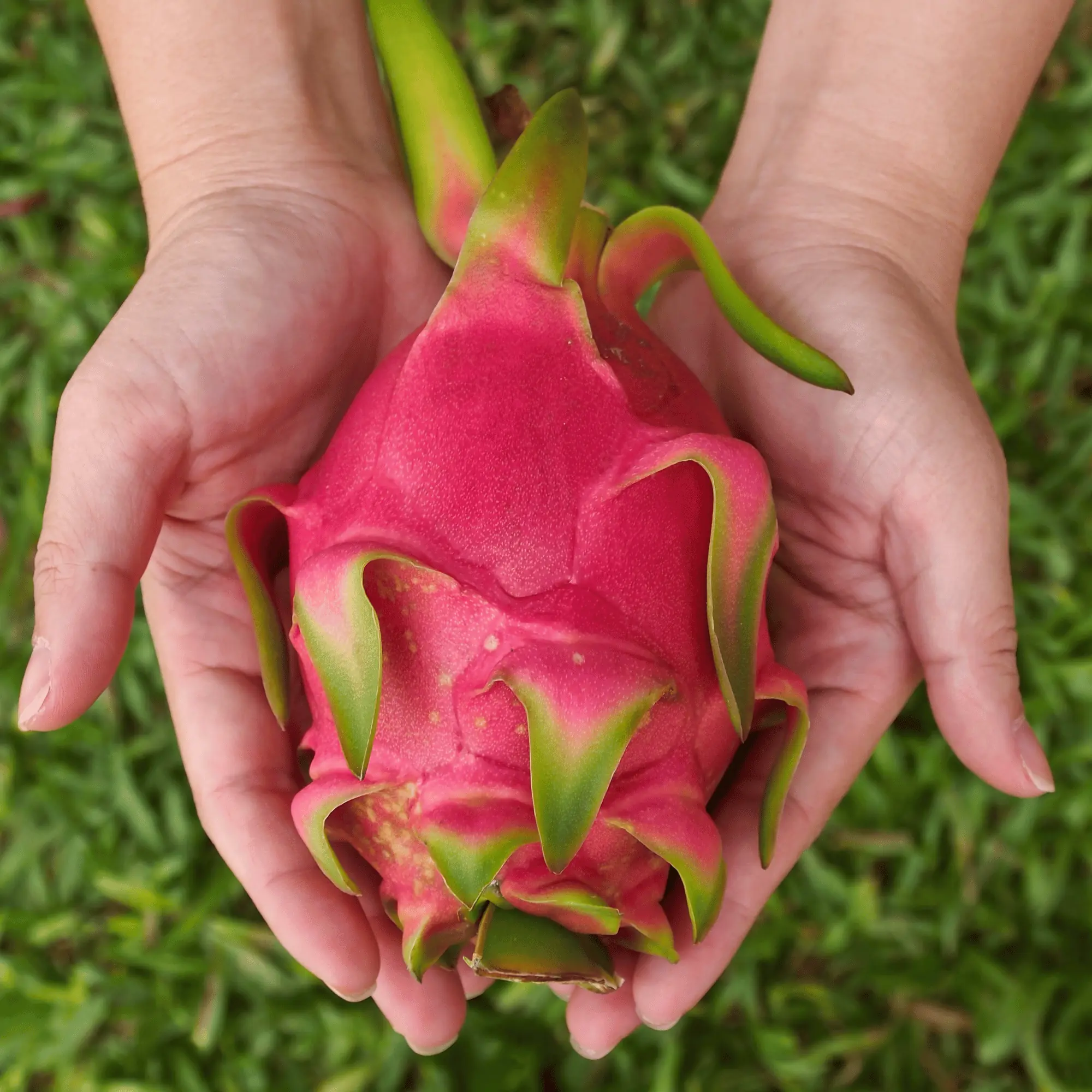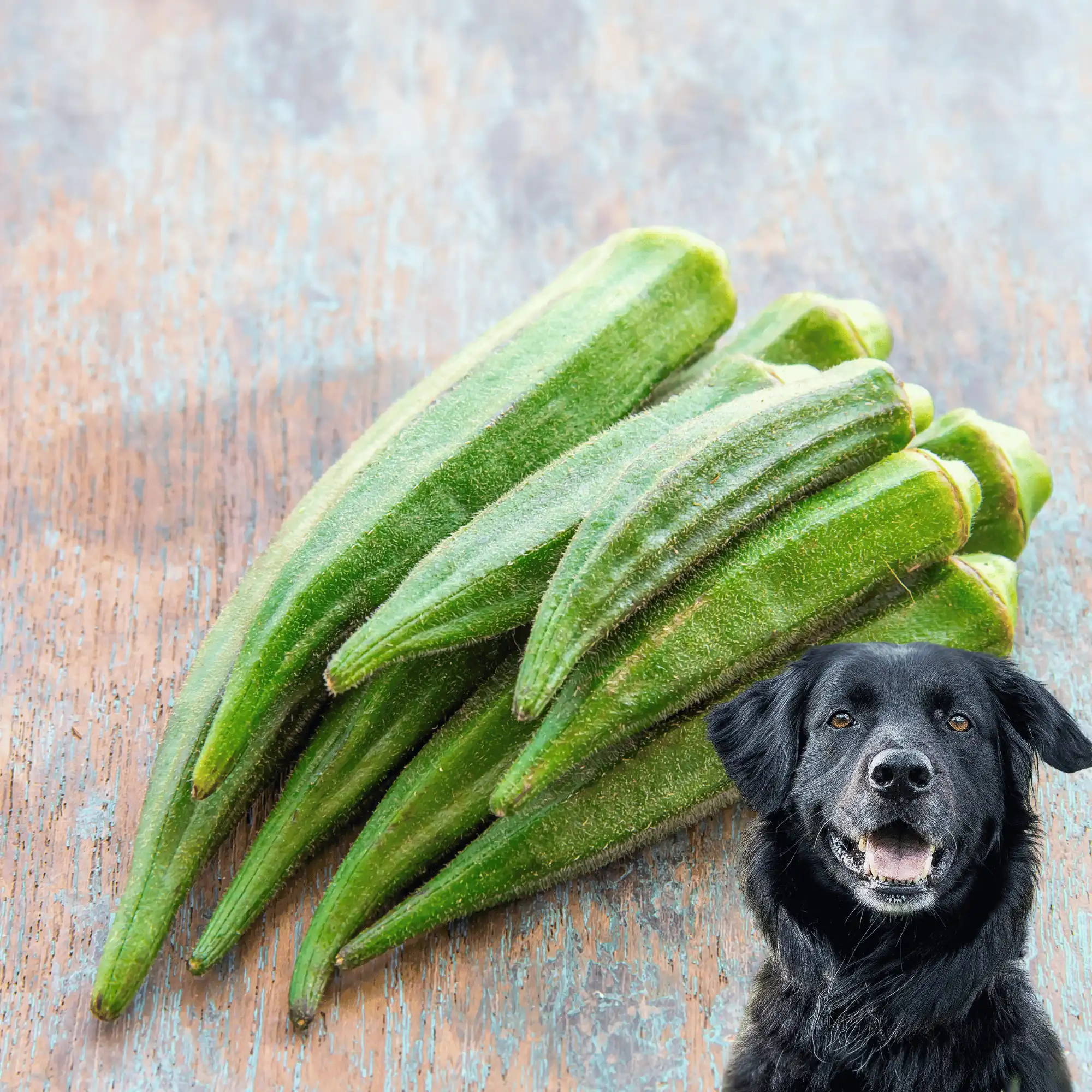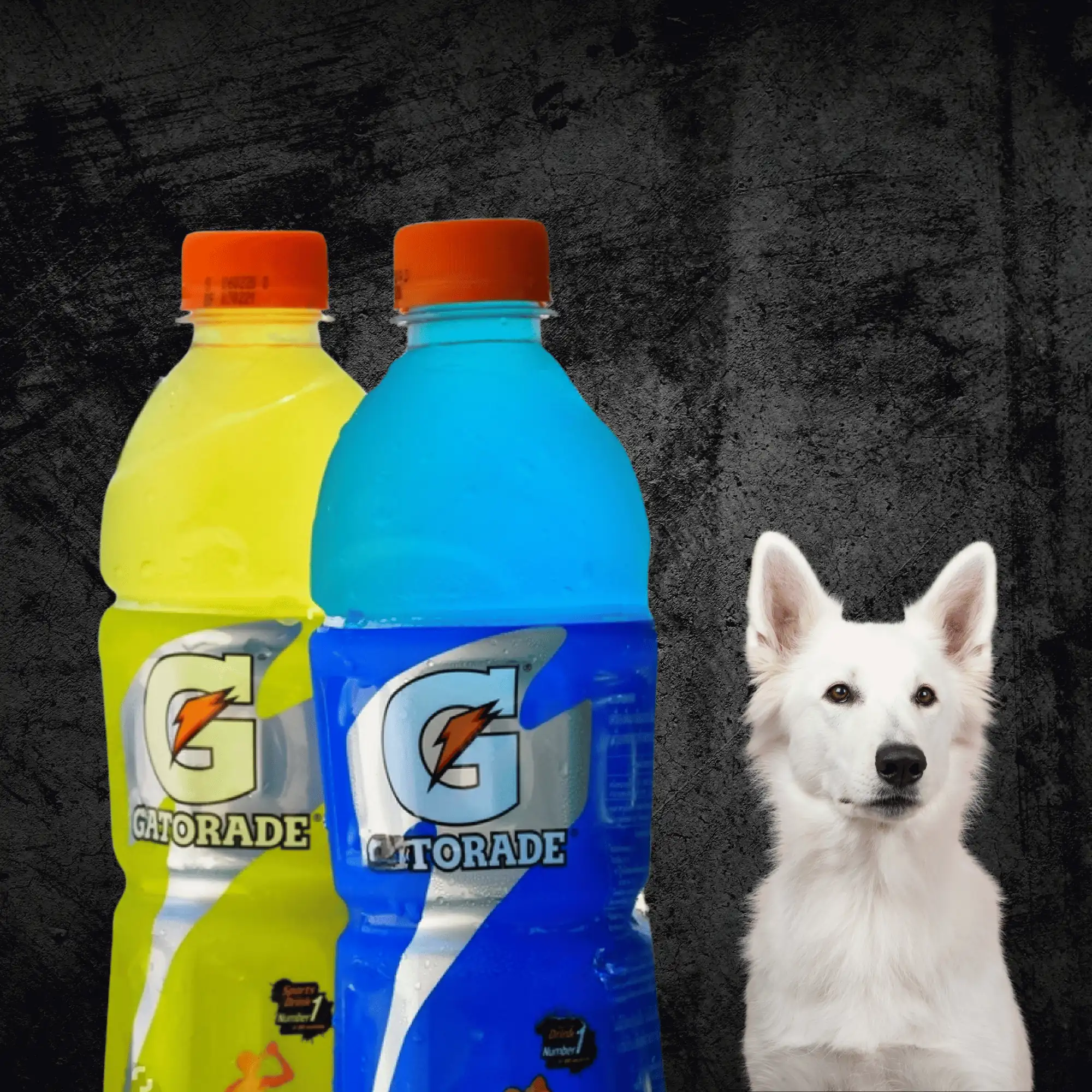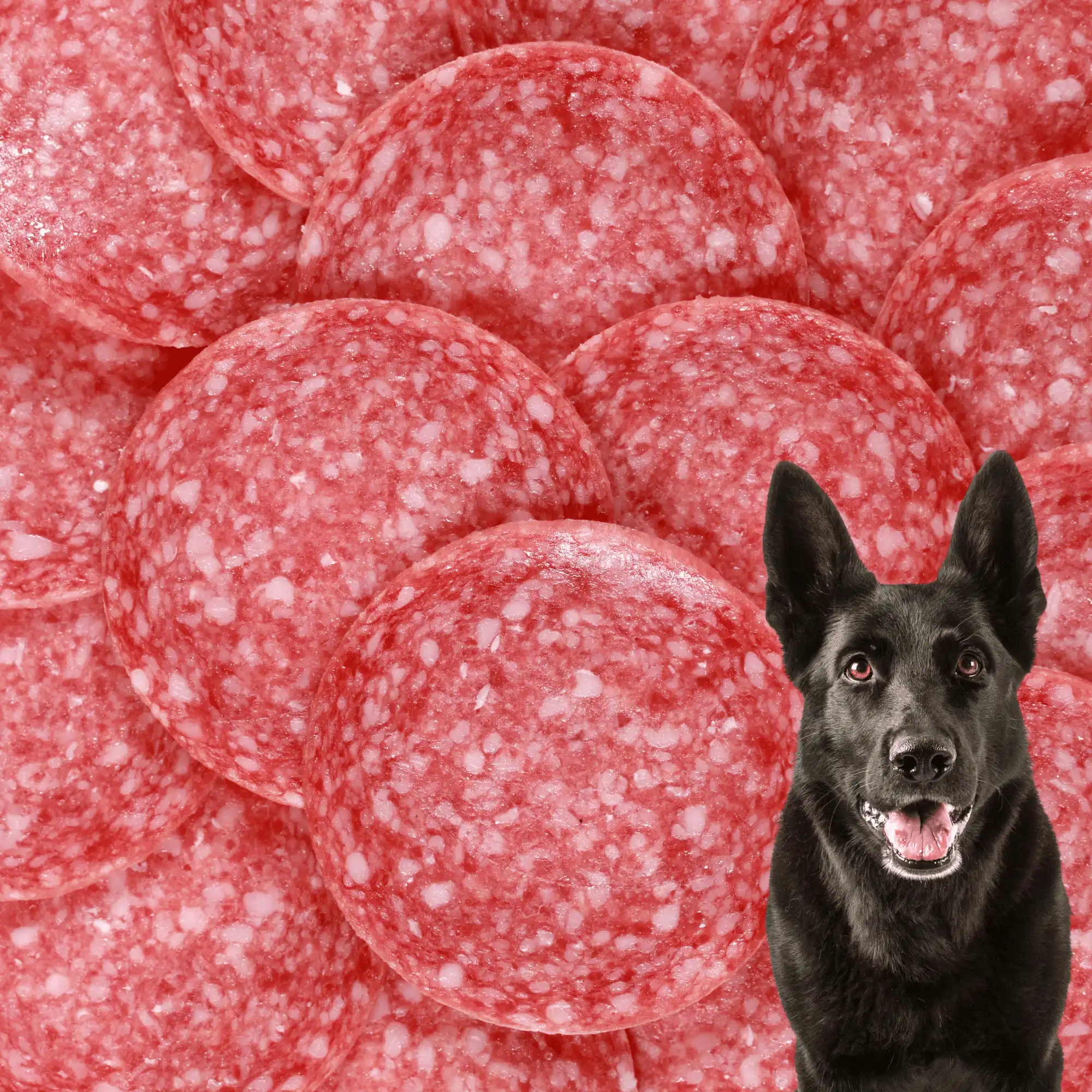Black rice, commonly known as forbidden black rice, stands out as a delightful addition to our lunch recipes. This whole grain is rich in fiber, antioxidants, and various nutrients. With its nutritional profile in mind, many pet owners are interested in incorporating this rice into their dogs’ diets. The question that arises is whether dogs can eat black rice and if it’s safe for them. Join us as we explore black rice’s compatibility and nutritional value for your canine companion.
In this article, we delve into the question of whether black rice is a healthy addition to your dog’s diet. We will explore both the potential benefits and risks associated with feeding black rice to dogs. Additionally, we will provide insights into how to safely integrate this unique grain into your canine companion’s diet.
Here are the topics we’re going to discuss in this blog post:
- What is black rice?
- Can dogs have black rice?
- Is black rice good for dogs?
- Nutritional value of black rice
- Potential benefits of black rice
- Risk of feeding black to your dogs
- Can dogs have red rice?
- How to incorporate black rice into your dog’s diet
- What to do if a dog eats a lot of uncooked black rice
What is Black Rice?
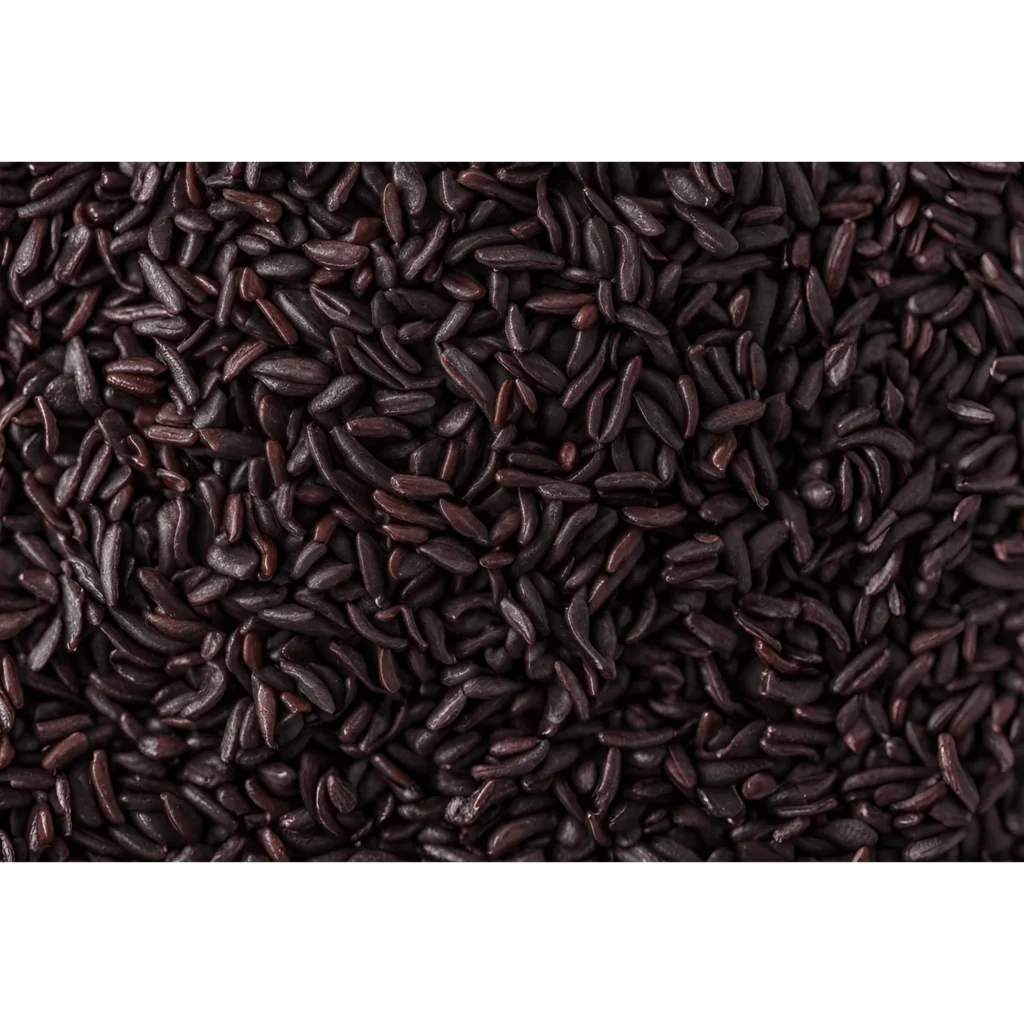
Black rice is a type of rice that has a dark, purplish-black color. It is called “forbidden rice” because, in ancient China, it was believed that only the emperor and nobility were allowed to eat it due to its nutritional benefits. Today, however, black rice is widely available and consumed by people around the world.
The dark color of black rice is due to its high content of anthocyanins, which are antioxidant compounds also found in blueberries and blackberries. These antioxidants may have various health benefits. Black rice is a whole grain, meaning it contains the bran, germ, and endosperm, which makes it more nutritious compared to refined grains. Black wild rice serves as a valuable source of fiber, vitamins, and minerals for dogs.
Black rice is primarily cultivated in the United States, Vietnam, Thailand, and China. In terms of taste and texture, black rice has a slightly nutty flavor and a chewy texture. It has typically been a robust choice for breakfast cereals, particularly in American cuisine. It can be used in a variety of dishes, including salads, side dishes, and even desserts.
Can Dogs Have Black Rice?
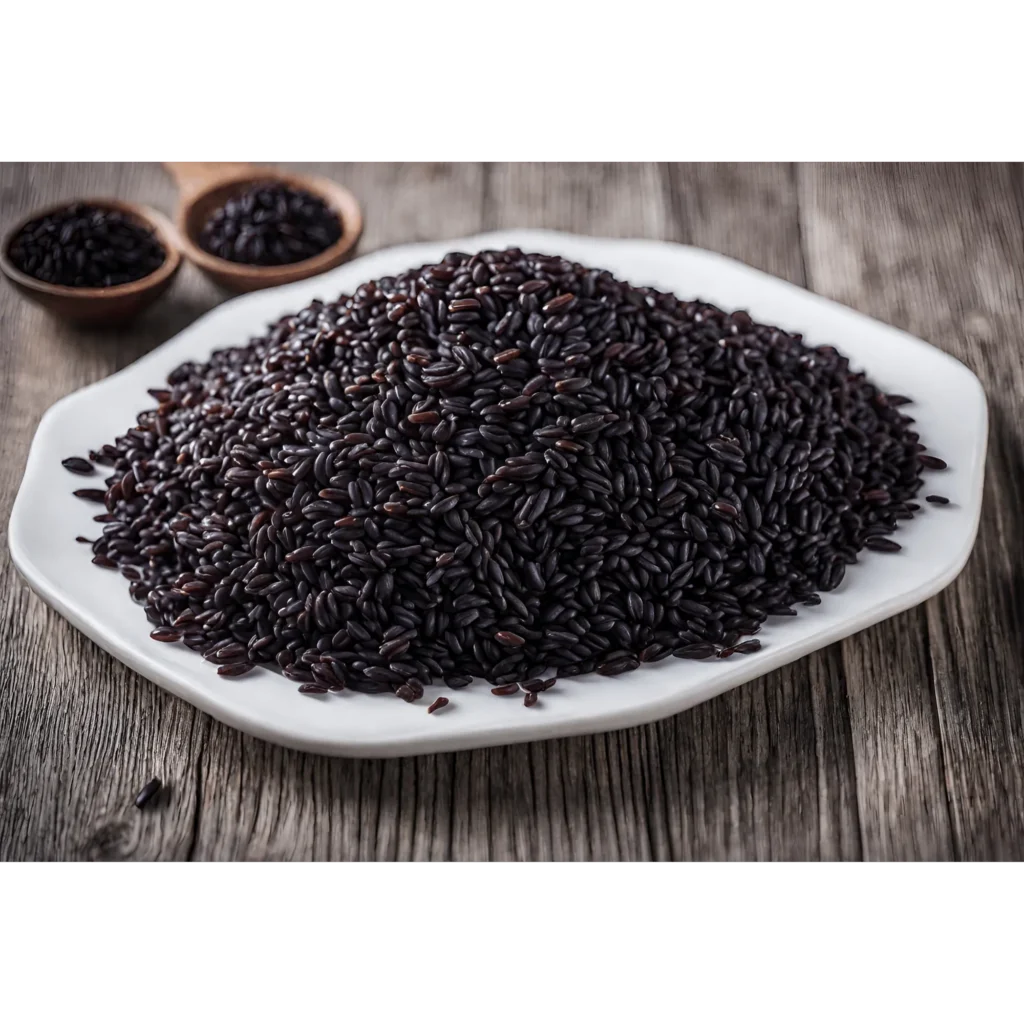
Yes, dogs can eat black rice in moderation, as it offers nutritional benefits for your canine companion. However, it’s crucial to ensure that the black rice is cooked without salt or other seasonings. Purple rice contains essential nutrients such as fiber, vitamins, and minerals. It is a good source of antioxidants, which can contribute to your dog’s overall health.
There are specific times when incorporating rice into your dog’s diet is recommended. Using black rice as a filler in your pet’s main meal is advisable, as it is rich in nutrients that take a longer time to digest in your dog’s body system. This approach helps ensure that your dog receives nutritional benefits without the risk of overconsumption, which could potentially lead to adverse health effects.
Is Black Rice Good for Dogs?
Yes, dogs can safely consume black rice in smaller quantities occasionally, deriving maximum benefits from its nutritional content. The anthocyanin present in black rice not only provides its characteristic color but also acts as a healthy component that can help minimize oxidative stress. Black rice is naturally gluten-free, making it a suitable option for dogs with gluten sensitivities or allergies.
When offering black rice to dogs, it’s important to ensure that it’s plain and free of seasonings. Mixing a few spoons into their diet is a recommended practice, preventing overeating and potential digestive complications.
For those still uncertain about whether dogs are allowed to eat rice, especially the black variety, seeking advice from a veterinarian is a prudent course of action for further insight and guidance.
Nutritional Value of Black Rice:
Here’s the approximate nutritional value of black rice per 100 grams:
- Calories: 335 calories
- Carbohydrates: 75 grams
- Protein: 8.5 grams
- Dietary Fiber: 4 grams
- Fat: 1.6 grams
Additionally, black rice provides essential vitamins, minerals (such as iron and magnesium), antioxidants, and phytonutrients.
Potential Benefits of Black Rice for Dogs:
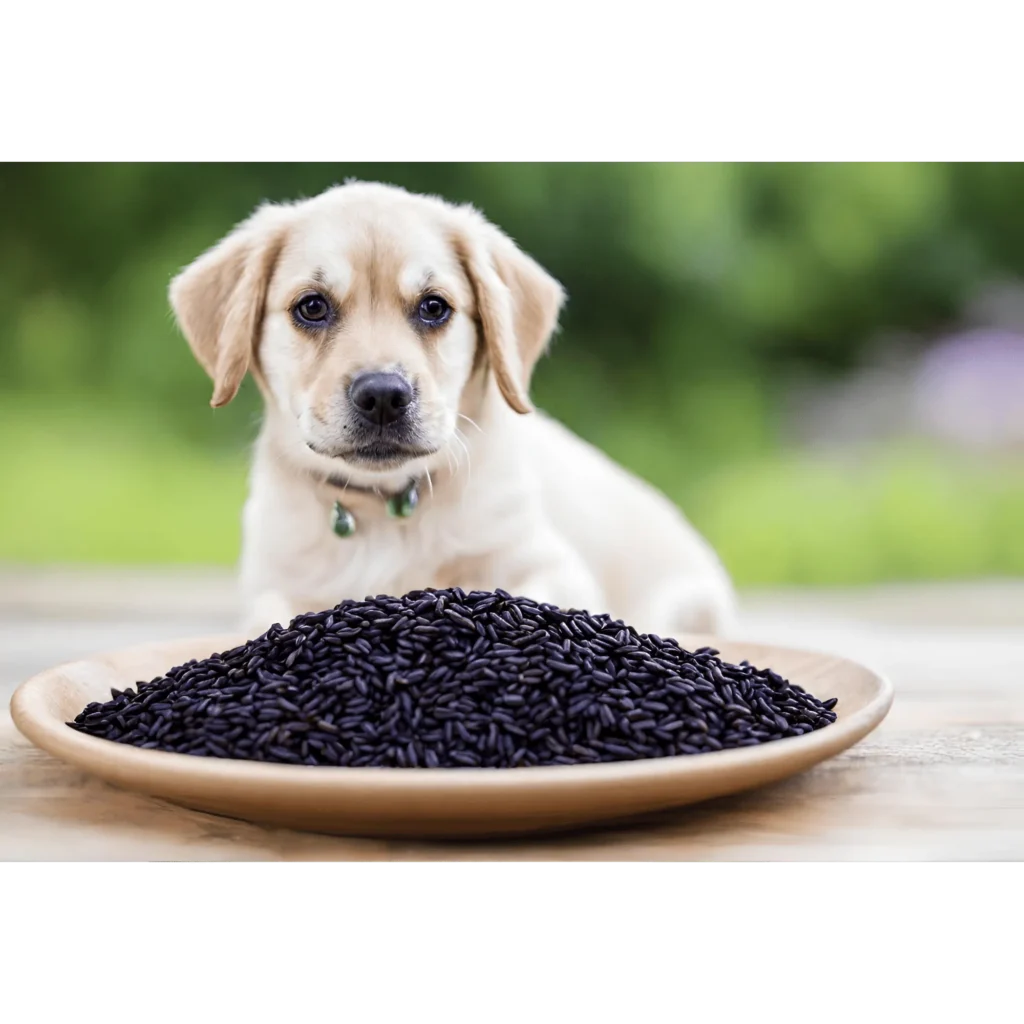
Black rice can offer several potential advantages for dogs when incorporated into their diet in moderation. Here are some of the potential perks:
1. Great Source of Anthocyanins:
Anthocyanins, present in foods such as black rice, indeed offer numerous health benefits. They possess anti-inflammatory properties, contributing to the reduction of inflammation in the body. Furthermore, anthocyanins may have positive effects on cardiovascular health, playing a role in lowering blood pressure, reducing cholesterol levels, and improving blood vessel function.
Additionally, the impact of anthocyanins on insulin sensitivity and their potential role in addressing hypo- and hyperglycemia, along with aiding in sugar digestion, make them potentially beneficial for dogs.
2. Sources of Protein:
Black rice is a valuable source of protein. Proteins are crucial as they provide essential amino acids, promoting the comfort and overall activeness of dogs. The inclusion of protein-rich foods, like black rice, can contribute to a well-rounded and nutritious diet for canine companions.
The elevated protein content in black rice contributes not only to the nutritional diversity but also to the overall health benefits it can offer, particularly in supporting essential bodily functions like blood production.
3. Eye Health Improvement:
Black rice contains a high amount of carotenoids and various anti-sunlight substances. These components can play a role in reducing the impact of intense sunlight on a dog’s eyes. This can contribute to lowering the risk of eye issues associated with exposure to ultraviolet (UV) radiation. The potential protective effects of these compounds in black rice highlight another aspect of its nutritional value for canine health.
4. Essential Minerals:
Black rice contains several essential minerals that can contribute to your dog’s overall health, such as iron, magnesium, phosphorus, zinc, and copper. Black rice is a good source of iron, which is essential for the production of hemoglobin, a protein that carries oxygen in the blood.
Magnesium plays a role in various physiological processes, including muscle and nerve function, bone health, and energy metabolism. Phosphorus is crucial for bone and tooth formation, as well as for energy metabolism. Zinc is crucial for immune function, wound healing, and skin health. Copper is essential for the formation of red blood cells, iron absorption, and the development of connective tissues.
5. Fiber:
Dietary fiber helps regulate bowel movements and can prevent or alleviate constipation in dogs. It adds bulk to the stool, promoting regular and healthy digestion. Foods rich in fiber can help dogs feel full, which may be beneficial for weight management by reducing the likelihood of overeating.
Fiber can contribute to more stable blood sugar levels by slowing down the absorption of sugars. This can be especially important for dogs with diabetes or those at risk of developing insulin resistance.
6. Essential Vitamins:
Black rice contains various vitamins that can contribute to a dog’s overall health when included in their diet. Black rice is a good source of vitamin E, an antioxidant that helps protect cells from oxidative damage. It supports skin health and immune function, and it may have benefits for eye health.
Black rice contains vitamin K1, which plays a role in blood clotting and bone health. Adequate vitamin K is important for overall well-being. B vitamins (Thiamine, Riboflavin, Niacin, and B6) play essential roles in energy metabolism, nerve function, and overall cellular health.
Folate is important for DNA synthesis and repair, contributing to growth and development. Thiamine (B1) supports nerve function, riboflavin (B2) is involved in energy production, niacin (B3) aids in digestion, and pyridoxine (B6) is essential for amino acid metabolism.
7. Gluten-Free:
Rice is indeed generally gluten-free, and this characteristic extends to black rice. For pets that are allergic or intolerant to gluten, black rice can be considered a safe dietary option.
Being gluten-free, black rice can serve as an alternative for pets with specific dietary sensitivities, offering a safe and nutritious choice for those with gluten-related issues.
Risk of Feeding Black Rice to Dogs:
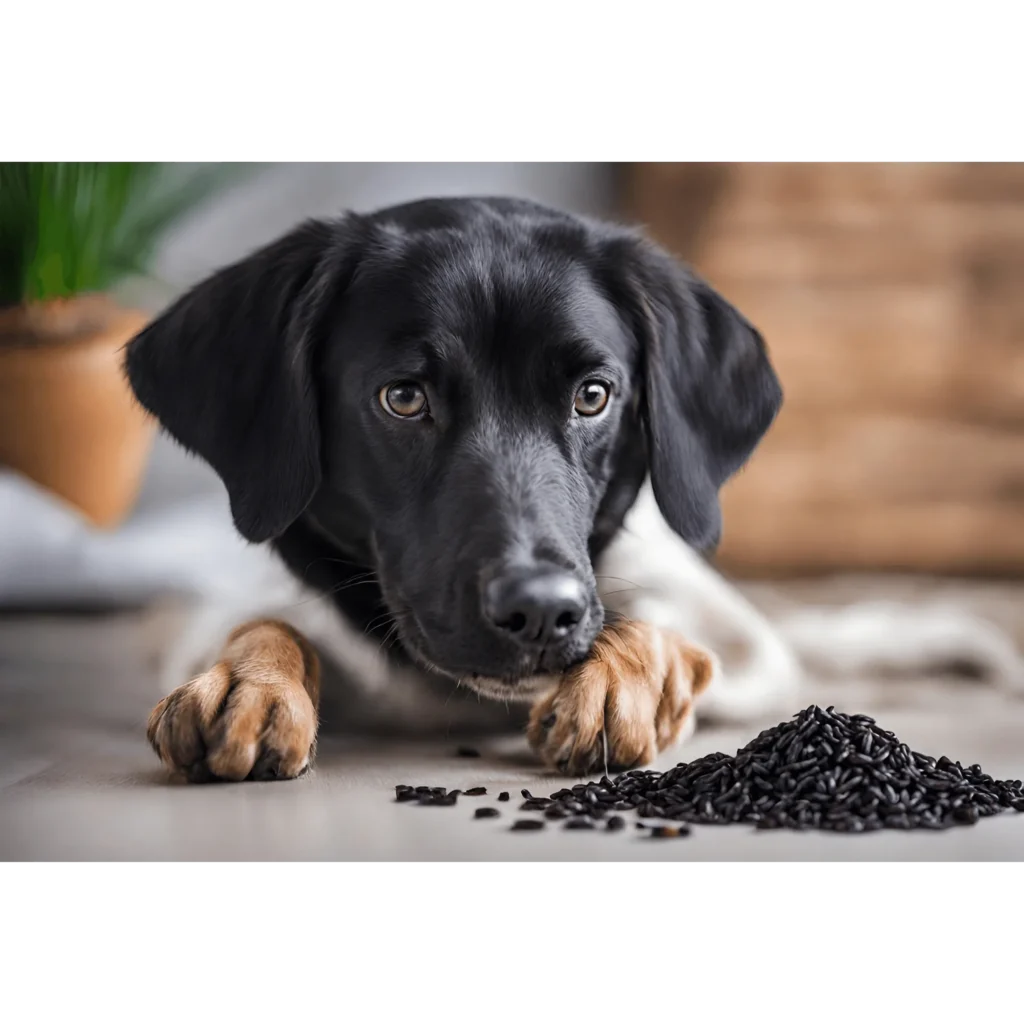
While black rice can be a nutritious addition to a dog’s diet, there are some considerations and potential hazards associated with feeding it to dogs. Be mindful of these factors:
1. Digestive Sensitivity:
Some dogs may have digestive sensitivities to new foods, including black rice. Introduce it gradually, and monitor your dog for any signs of gastrointestinal upset, such as diarrhea, vomiting, or changes in stool consistency.
2. Allergies:
Dogs can be allergic to certain foods, including grains. While allergies to rice are relatively rare in dogs, it’s still possible. Watch for signs of allergies, including itching, redness, or gastrointestinal issues.
3. Balanced Nutrition:
While black rice contains certain nutrients, it should not replace a balanced and complete dog food. Dogs require a diet rich in animal-based proteins, and relying solely on black rice may result in nutritional imbalances.
4. Caloric Content:
Black rice, like other grains, can contribute to the overall caloric intake. Be mindful of your dog’s weight and adjust their overall diet accordingly to prevent weight gain.
Can Dogs Have Red Rice?
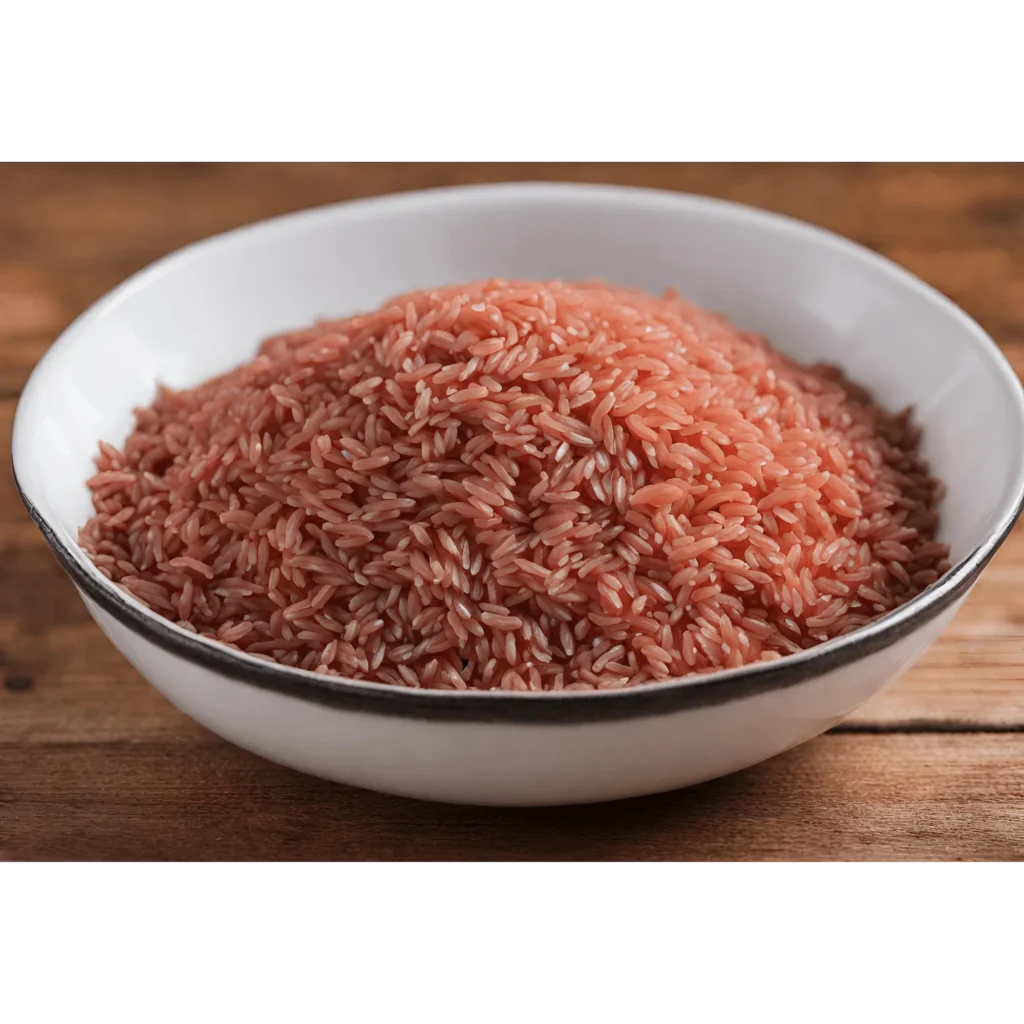
Yes, generally, puppies can eat rice. Whether it’s red rice, white rice, or a combination like rice and beans, the answer is typically yes. Red rice, like black rice, is a whole grain that offers nutritional benefits. It is a good source of fiber, vitamins, minerals, and antioxidants.
However, similar to black rice, it can be introduced into a dog’s diet without causing discomfort. Not only does it provide a healthy dietary option, but it may also address digestive concerns, much like black rice.
It’s essential to ensure that the rice is plain and cooked without seasonings, and introducing new foods should always be done in moderation to monitor for any adverse reactions.
How to Incorporate Black Rice into Your Dog’s Diet:

If you want to incorporate purple rice into your dog’s diet, it’s essential to do so gradually and thoughtfully. Before making any significant changes to your dog’s diet, it’s a good idea to consult with your veterinarian. They can provide guidance based on your dog’s specific health needs, age, and breed.
Introduce black rice slowly and in small amounts. Begin by mixing a small portion of cooked black rice with your dog’s regular food. Cook the black rice thoroughly and avoid adding any seasonings, sauces, or additives. Serve it plain to ensure that your dog is not exposed to ingredients that may be harmful.
Pay attention to your dog’s digestive health. If you notice any irregularities in bowel movements or signs of digestive upset, adjust the amount of black rice or reconsider its inclusion in the diet. Adjust the portions of black rice based on your dog’s size, age, and activity level. Larger dogs may be able to consume larger portions, while smaller dogs may need smaller amounts.
Keep a close eye on your dog for signs of allergies or sensitivities when introducing black wild rice or any new food. Watch for changes in behavior, digestive upset, itching, or any adverse reactions. If you observe any concerns or have questions about your dog’s diet, consult with your veterinarian for personalized advice.
What to Do If a Dog Eats a Lot of Uncooked Black Rice?
If you suspect your dog has consumed a substantial amount of uncooked black rice, refrain from feeding the dog anything but water for at least two hours. If you observe small amounts of cooked rice in the dog’s stool once the diarrhea has resolved, you can resume their regular feeding. However, if you are uncertain about the appropriate course of action, it is advisable to take your pet to a vet for professional guidance.
Final Thought:
In conclusion, black rice can be a nutritious addition to your dog’s diet when introduced in moderation and prepared appropriately. Its rich nutritional profile, including fiber, antioxidants, essential minerals, and vitamins, can offer several potential health benefits for your canine companion. However, it’s crucial to be mindful of potential risks, such as digestive sensitivity and allergies, and to ensure that black rice does not replace a balanced and complete dog food.
When incorporating Emperor’s rice into your dog’s diet, follow a gradual and thoughtful approach, consulting with your veterinarian for personalized guidance. Ensure that the rice is plain, thoroughly cooked, and free of seasonings to avoid any potential harm. Monitoring your dog for signs of digestive upset or allergies is essential, and adjustments to the amount of black rice should be made based on your dog’s size, age, and activity level.
If your dog consumes a large amount of uncooked black rice, it’s recommended to withhold food for a few hours and provide water. If concerns persist, seeking professional advice from a veterinarian is advisable.
Ultimately, with careful consideration and attention to your dog’s individual needs, black rice can be a flavorful and nutritious addition to their diet, contributing to their overall well-being and enjoyment of mealtime.
FAQs:
Can dogs eat brown and black rice?
Yes, dogs can eat brown or black rice in moderation. These rice varieties are healthier than white rice, providing essential nutrients and fiber. Ensure the rice is plain, without added seasonings, spices, or sauces that could be harmful to dogs.
What rice should dogs avoid?
Dogs should avoid rice with added seasonings, spices, or sauces, as these may contain ingredients that can be harmful to them. Additionally, dogs should not consume uncooked or undercooked rice, as it may be difficult for them to digest. Plain, well-cooked brown or black rice is generally safe for dogs in moderation.
Can dogs eat black wild rice?
Organic wild rice is a safe and recommended option for dogs, free from toxins and additives found in cooked rice. Its whole form ensures no added spices, salt, or seasonings, making it a wholesome choice for your canine companion.
Can dogs eat uncooked black rice?
Never feed dogs uncooked black rice. If they accidentally consume it, give them only water for a few hours until there’s minimal rice in their stool. If any symptoms persist, consult a vet.
How much black rice can I feed my dog?
The amount of black rice to feed your dog depends on their size, age, and overall health. As a general guideline, treats and additions to their diet should not exceed 10% of their daily caloric intake. Consult your vet for personalized advice.






